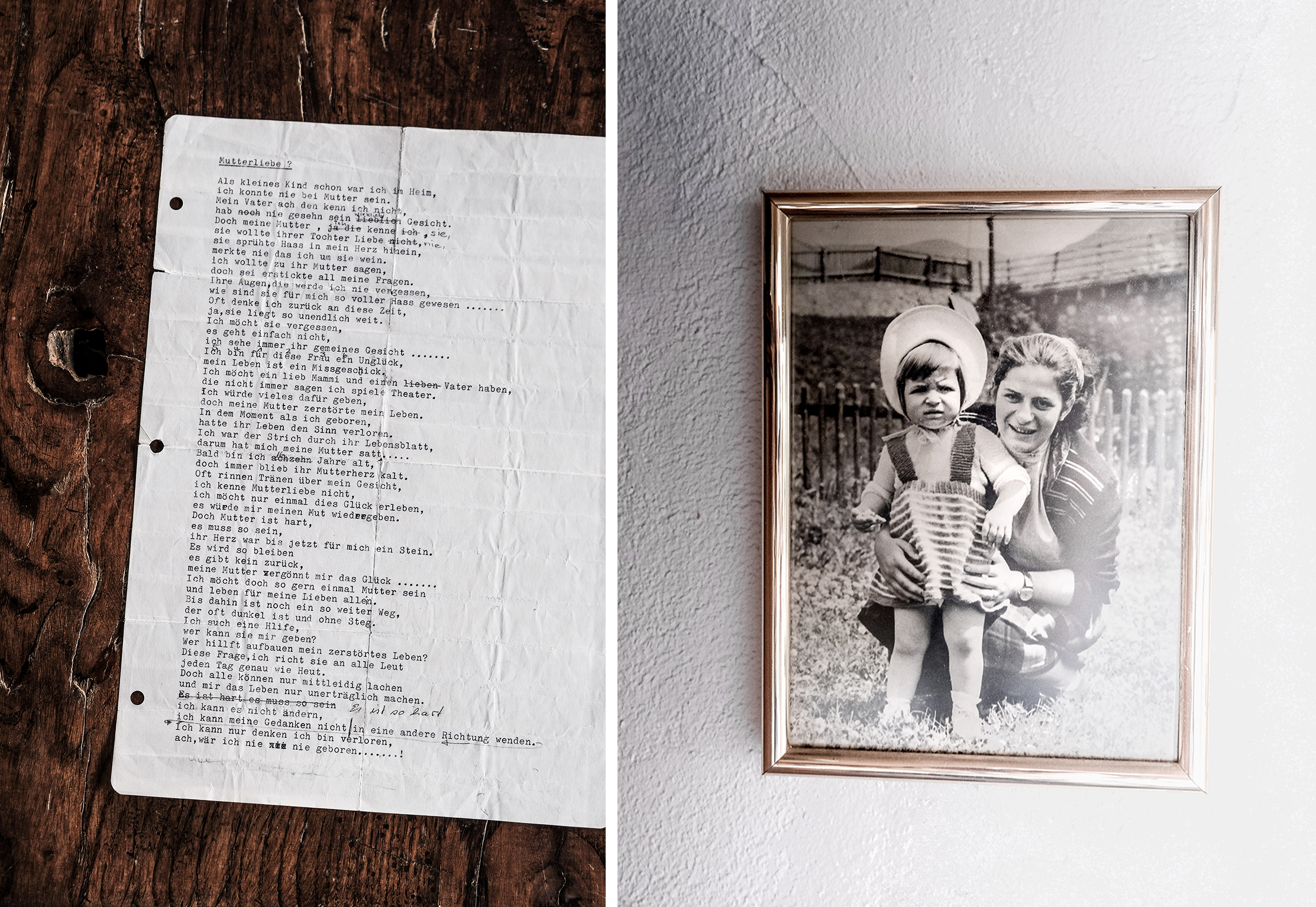
Swiss traveller groups want official acknowledgement of ‘cultural genocide’

Organisations representing the Swiss traveller community have called for the forced placement of children to be recognised as ‘cultural genocide’.
Under the “Charity for the Children of the Road” project, Swiss charitable organisation Pro Juventute took hundreds of Yenish and Sinti children away from their families. Members of these minorities were also sterilised and interned.
It is estimated that 2,000 children were affected, but the exact number is not known, Yenish organisations said in an open letter to Justice Minister Elisabeth Baume-Schneider published on Monday. The government has also persecuted the Yenish and Sinti in other ways, notably by interning them for “vagrancy”, the letter adds.

More
How Switzerland tried to wipe out Yenish culture
Despite the apology offered and the compensation paid, the government must now recognise the “Charity for the Children of the Road” campaign as cultural genocide if it intends to take responsibility for its actions. The victims are not only the people directly involved, but also their descendants, their relatives, their families and the entire Yenish and Sinti people, the text stated.
The open letter was signed by the Radgenossenschaft der Landstrasse, the umbrella organisation of the Yenish in Switzerland, the transnational Yenish association Chefft Quant and the Jenische-Manouche-Sinti organisation, which is active in French-speaking Switzerland.
The ““Charity for the Children of the Road” was active between 1926 and 1973. Its aim was to forcibly settle traveller children. They were placed in homes, foster families, psychiatric asylums and prisons. A study led by Zurich professor Roger Sablonnier and published in 1998 was highly critical of the project.
This news story has been written and carefully fact-checked by an external editorial team. At SWI swissinfo.ch we select the most relevant news for an international audience and use automatic translation tools such as DeepL to translate it into English. Providing you with automatically translated news gives us the time to write more in-depth articles. You can find them here.
If you want to know more about how we work, have a look here, and if you have feedback on this news story please write to english@swissinfo.ch.

In compliance with the JTI standards
More: SWI swissinfo.ch certified by the Journalism Trust Initiative

























You can find an overview of ongoing debates with our journalists here . Please join us!
If you want to start a conversation about a topic raised in this article or want to report factual errors, email us at english@swissinfo.ch.